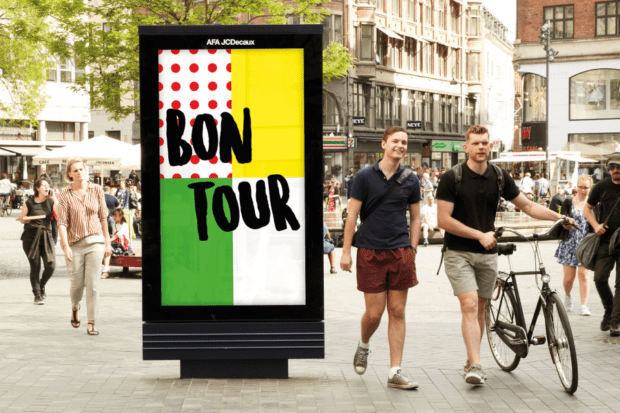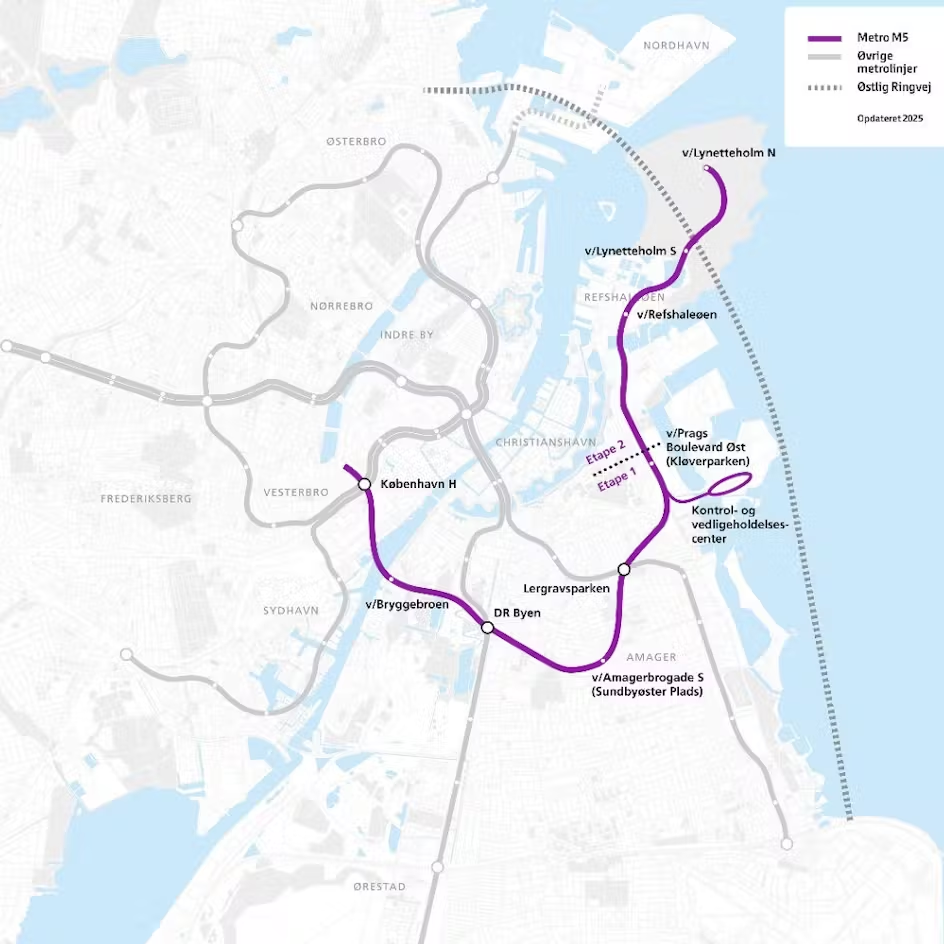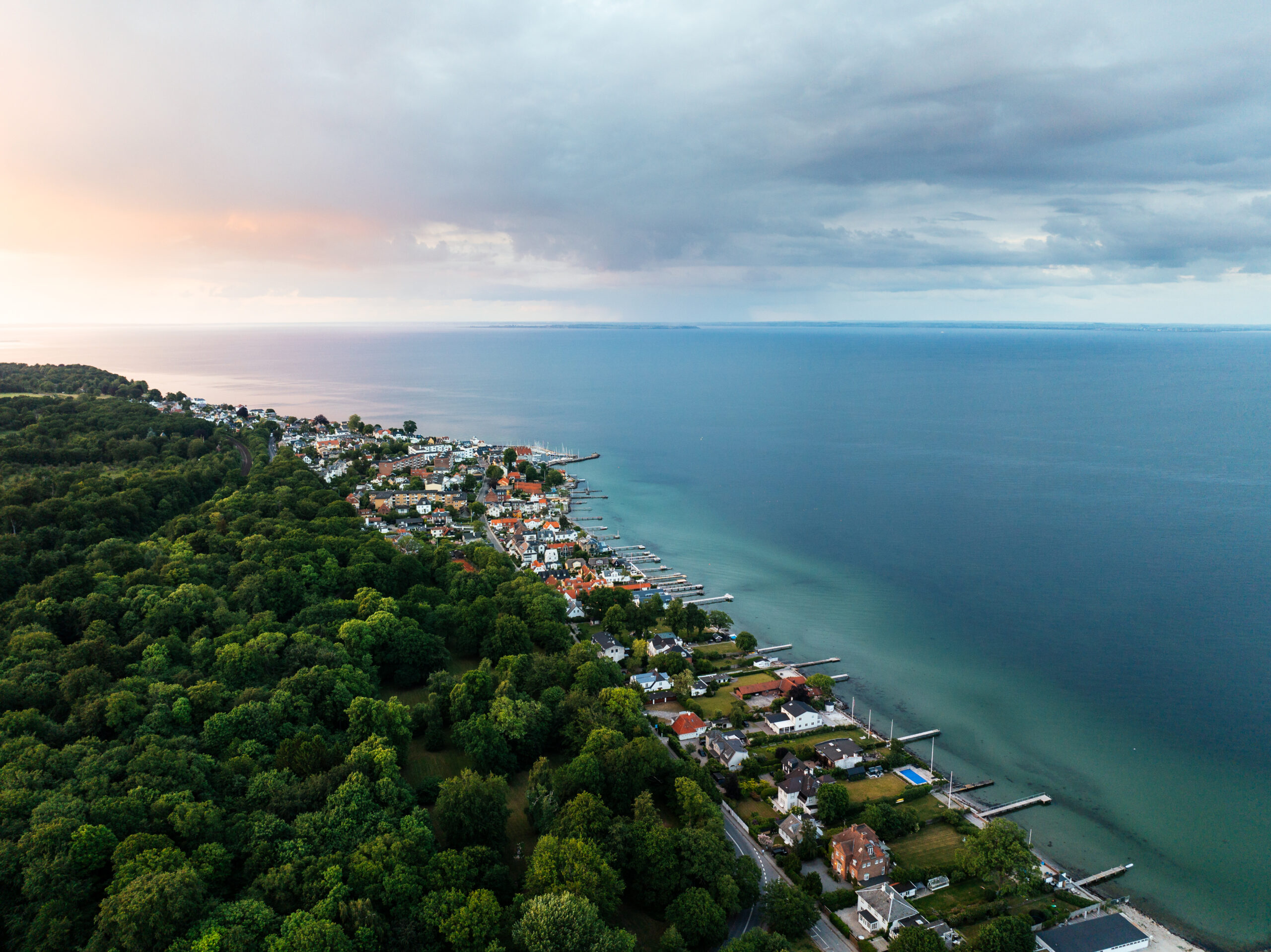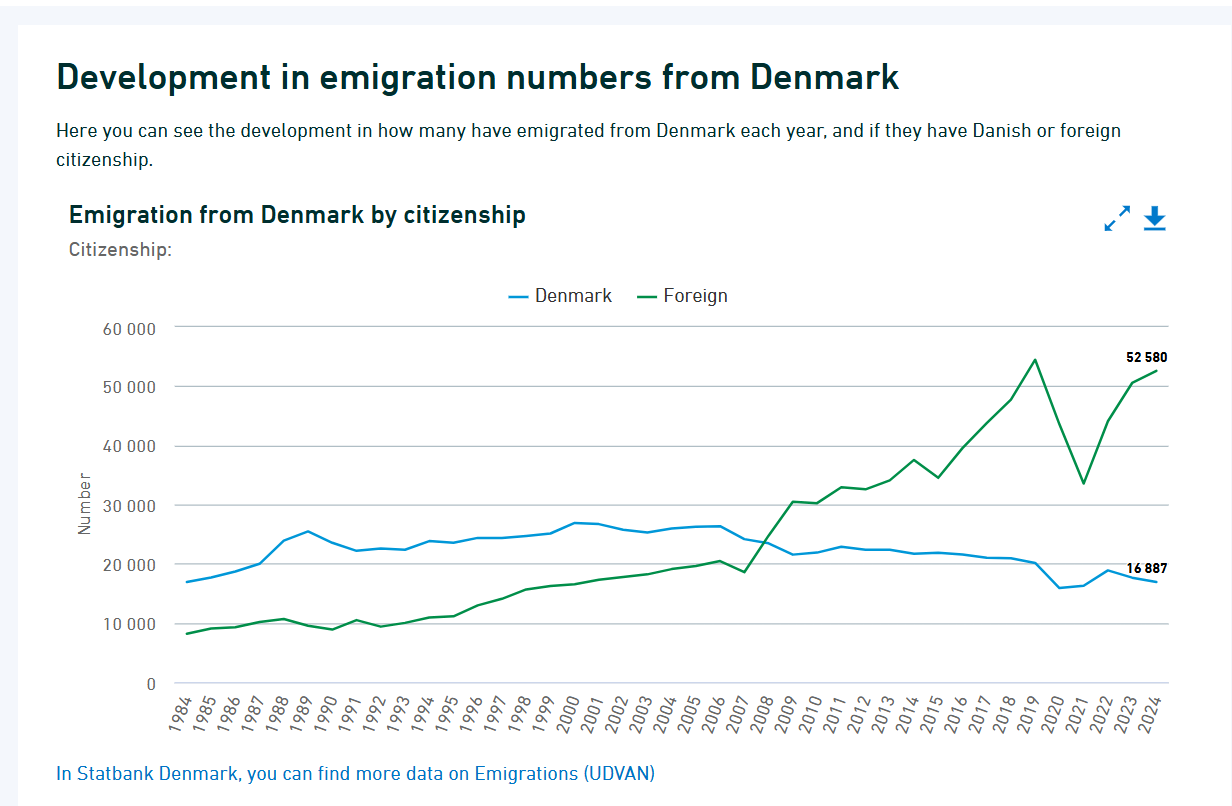Copenhagen is no stranger to streets heavily crowded with tourists and locals – especially in the summer.
And this will be no different on July 1, as eager Danes with a passion for cycling line the city’s streets to witness the first stage of the Tour de France: the time-trial prologue.
The capital city is known for being one of the most bike-friendly cities in the world, so it only makes sense for the biggest cycling competition to make its Grand Départ here.
Forming a giant loop
‘The Grande Boucle’ (the great loop) made its debut in 1903 as a six-stage race over a distance of 2,428km. This year it is made up of 21 stages and 3,328km of cycling.
It was created by former cyclist Henri Desgrange as a publicity event for L’Auto, the sports newspaper of which he was editor. The race made the newspaper’s front page that year with the headline “The Tour de France: the greatest cycling race in the world”.
It was a claim that has gone on to stand the test of time well.
Bumps in the road
However, the race could have ended before it had barely begun. After just two years, the organisers considered shutting it down due to high amounts of cheating and sabotage among the competitors, which even included some of them catching a train to complete the stages at a faster rate.
And then in 1914, the race started on June 28, the same day that Archduke Franz Ferdinand was assassinated, triggering the start of World War I. The race was duly suspended until 1919.
Similarly, 1939 proved to be the last race until the end of World War II. After Germany occupied France, they pushed for the Tour de France to be held to create the sense there was still a form of normality in the country. However, these requests were denied by L’Auto.

Tenth to join party
As the Tour de France has evolved over the years, so has the start, which until 1950 was held in the Île-de-France capital region every year bar one.
In order to expand its appeal, the organisers decided to host what became known as the
Grand Départ in other regions of France and then, starting in 1954, other countries, starting with Amsterdam in the Netherlands.
Since then, eight other countries have hosted the Grand Départ – Belgium, Switzerland, Germany, Spain, Luxembourg, the UK, Ireland and Monaco – so Denmark will become the tenth.
Two of the ten, Belgium, and Switzerland, will also host stages this year, making 2022 the first time the race has been held in four countries.
Long wait nearly over
Denmark was initially supposed to host the Grand Départ in 2021. However, after the postponement of Euro 2020, it was thought best to move it to Brittany last year. With its move to Denmark, this will be the furthest north the tour has ever travelled.
Several Danish companies, including tourist organisations VisitDenmark and Wonderful Copenhagen, have accordingly partnered up with the Tour de France to help bring the Grand Départ here.
Moreover, the race, which will be watched by an audience of 150 million viewers in Europe alone, will put Denmark’s main attractions on display for everyone to see, drawing interest to the country and potentially adding Denmark to tourism bucket-lists around the world.

Could blow a bit
The first three stages of the 2022 Tour de France will take place in Denmark, starting with a 13.2 km individual time trial in Copenhagen. The bendy route could prove challenging to the cyclists – particularly if the weather gods conjure up one of their famously windy days.
The second leg between Roskilde to Nyborg will cover a distance of 202.2 km. As the riders will finish in Funen, they will have to cross the Great Belt Bridge, which is 18 km long and again potentially very windy!
The third and final stage, a 182 km route from Vejle to Sønderborg, will most likely be the easiest of the three as far as the wind is concerned: a good day for the teams chasing glory for their sprinters.
A rest day will duly follow as the competitors make their way to France. Catching the train will be within the rules on this occasion.
Hosting Timeline for Denmark:
May 2012 – Denmark hosts the opening three stages of the 2012 Giro d’Italia. The racing primarily takes place in and around the central Jutland towns of Herning and Horsens. The seed is set for future endeavours.
Nov 2015 – News first emerges of a possible Danish bid to host the start of the Tour de France – specifically the 2018 edition.
June 2016 – The Danish government and Frank Jensen, the mayor of Copenhagen, propose an official bid to host the start of the Tour de France. The bid is confirmed by Troels Lund Povlsen, the minister of commerce, at a ceremony at the House of Denmark on the Champs-Elysees in Paris. The race’s general director Christian Prudhomme comments that the tour “has never been so far north” before.
Aug 2018 – French President Emmanuel Macron visits Denmark along with Prudhomme. Together they hand Danish PM Lars Løkke Rasmussen a maillot jaune, the famous yellow jersey
awarded to the rider who finishes the race in the least amount of time.
Feb 2019 – The news is confirmed that the 2021 Grande Départ will be held in Denmark, with the opening stage taking place in Copenhagen.
March 2020 – The COVID-19 pandemic hits Denmark. Quickly questions are raised regarding the feasibility of holding Euro 2020, which includes four games at Parken Stadium in Copenhagen.
Aug 2020 – The organisers of the Grand Départ in Denmark conceded it won’t be possible to host it in the same year as the Euro 2020 games, so officially postpone until 2022. Brittany steps in to host the 2021 Grand Départ instead

















